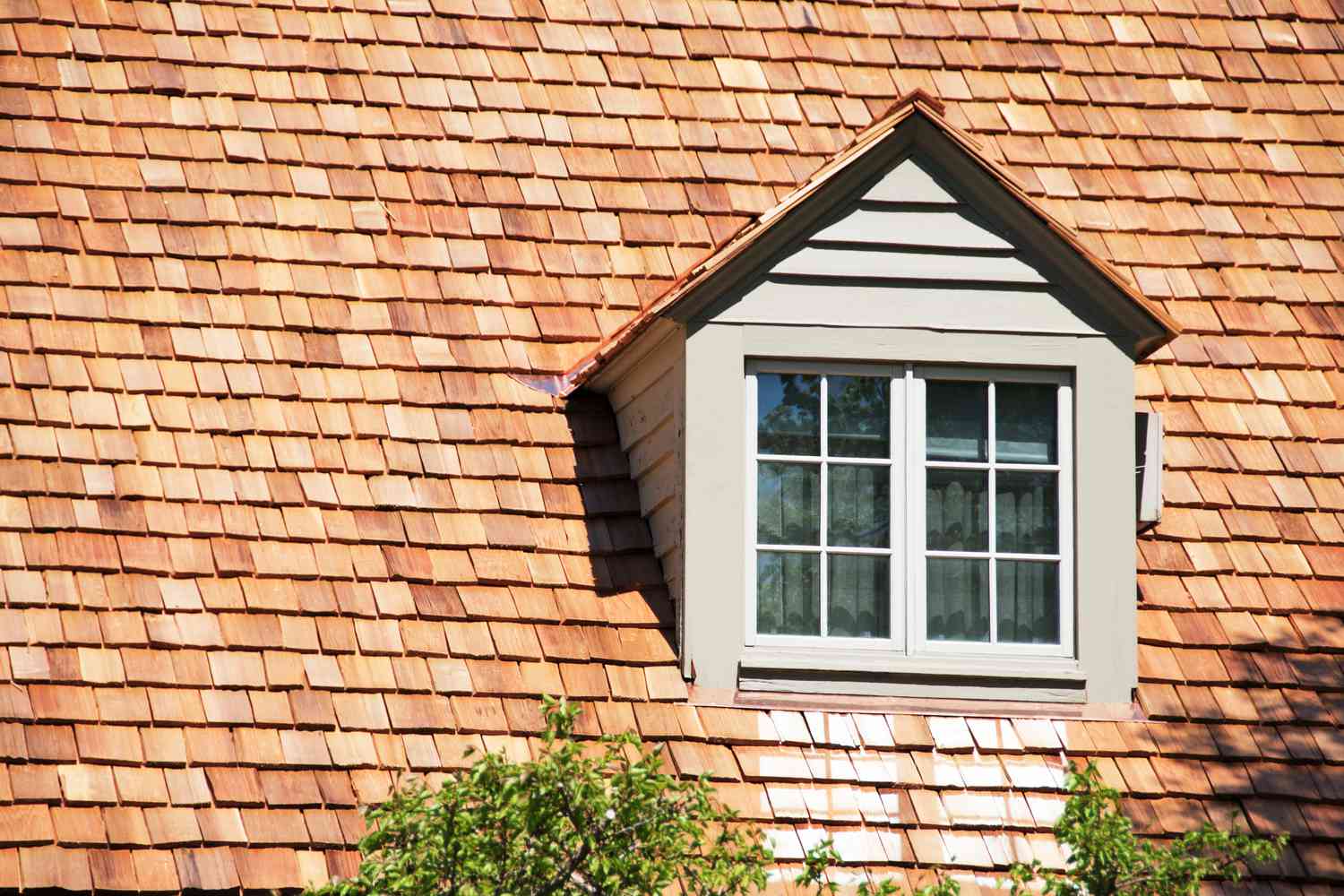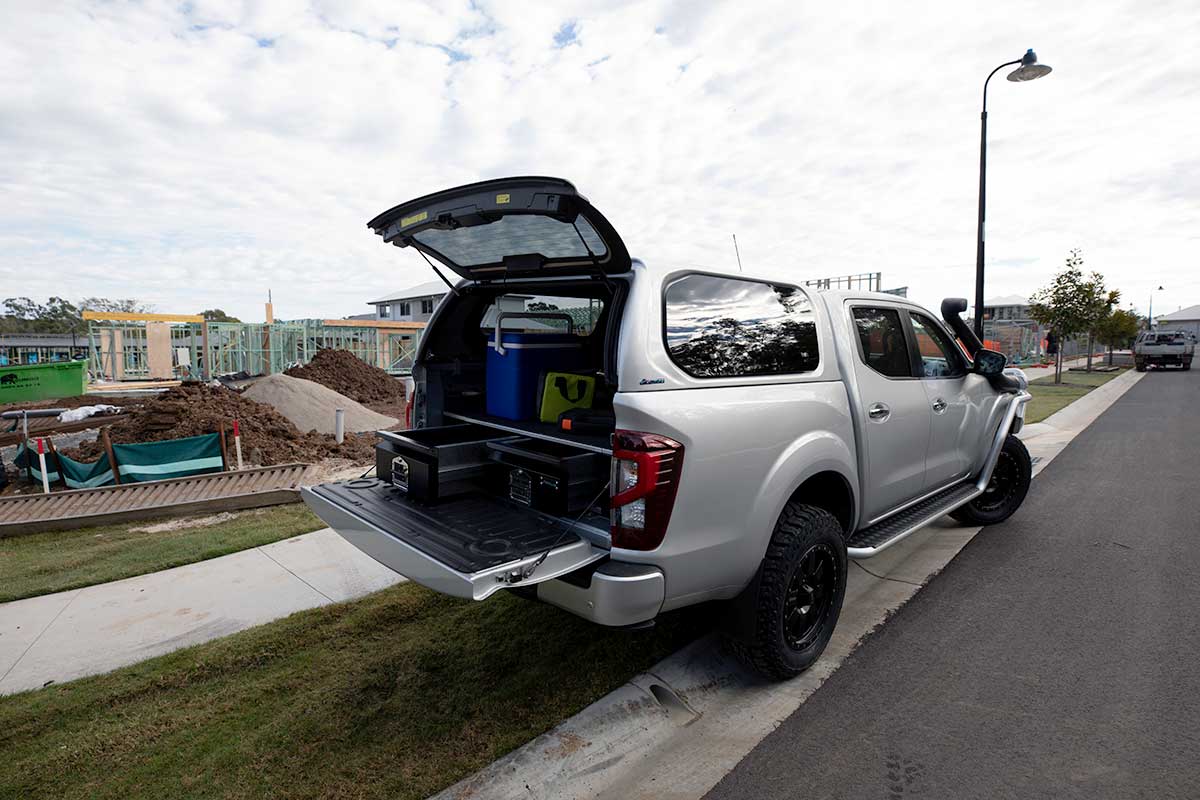Buying a home is one of the biggest investments you’ll ever make. It’s a decision that should be made with care and caution. One of the most important steps in the home buying process is the building inspection. A building inspection is a thorough examination of a property to identify any defects or issues that may affect the value or safety of the property. Here’s what every homebuyer should know about building inspections.
What is a building inspection?
A building inspection is a visual examination of a property that is designed to identify any defects, issues, or potential hazards that may exist. It is typically carried out by a licensed inspector who has been trained to identify any structural, electrical, plumbing, or other issues that may affect the value or safety of the property.
What does a building inspection cover?
A building inspection covers a wide range of areas, including the roof, walls, foundation, electrical systems, plumbing systems, and more. It is designed to identify any defects or issues that may affect the value or safety of the property. Some of the areas that a building inspection covers include:
- Structural issues: A building inspection will identify any structural issues, such as cracks in the walls or foundation, that may affect the integrity of the property.
- Electrical systems: The inspection will also cover the electrical systems in the property, including wiring, outlets, and fixtures.
- Plumbing systems: The inspector will examine the plumbing systems, including pipes, drains, and fixtures, to identify any leaks or other issues.
- Roofing: The inspector will examine the roof to identify any damage or wear and tear that may affect its integrity.
- Heating and cooling systems: The inspection will cover the heating and cooling systems, including the furnace and air conditioning, to ensure that they are working properly.
- Insulation: The inspector will examine the insulation in the property to ensure that it is installed correctly and providing adequate insulation.
- Pest infestations: The inspection will identify any pest infestations, such as termites or rodents, that may be present in the property.
- Safety hazards: The inspection will also identify any safety hazards, such as exposed wiring or loose railings, that may pose a risk to the occupants of the property.
Why is a building inspection important?
A building inspection is important for several reasons. First and foremost, it can identify any issues or defects that may affect the value or safety of the property. If issues are identified, you can negotiate with the seller to have them fixed before you finalize the purchase.
Additionally, a building inspection can give you peace of mind knowing that the property is in good condition. It can also help you avoid unexpected costs down the line. For example, if a building inspection identifies a leaky roof, you can factor in the cost of repairs or replacement when making your purchase decision.
When should you have a building inspection?
It is recommended that you have a building inspection carried out before you finalize the purchase of a property. This will give you the opportunity to identify any issues or defects that may affect the value or safety of the property before you make a commitment.
It’s important to note that a building inspection is not a guarantee that there are no issues with the property. However, it can identify any major issues that need to be addressed before you make a purchase.
How to choose a building inspector?
Choosing the right building inspector is important to ensure that the inspection is thorough and accurate. Here are some tips for choosing a building inspector:
- Look for a licensed inspector: Look for a licensed inspector who has been trained and certified to carry out building inspections.
- Check references: Check references and reviews from previous clients to ensure that the inspector is reputable and reliable.
- Ask about their experience: Ask the inspector about their experience and how many inspections they have carried out.
- Ask about the scope of the inspection: Ask the inspector what areas and systems will be covered in the inspection to ensure that it will be thorough.
- Ask about their equipment: Ask the inspector about the equipment they use, such as moisture meters or thermal imaging cameras, to ensure that they are using up-to-date technology.
What happens after the building inspection?
After the building inspection, the inspector will provide you with a report detailing their findings. This report will outline any issues or defects that were identified during the inspection. It may also include recommendations for repairs or further inspections.
If issues are identified, you can negotiate with the seller to have them fixed before you finalize the purchase. Alternatively, you may choose to walk away from the property if the issues are too significant.
In some cases, the seller may provide you with a pre-purchase inspection report. However, it’s important to note that this report may not be as thorough as an independent inspection carried out by a licensed inspector. It’s always recommended to have an independent inspection carried out before finalizing the purchase of a property.
Conclusion
In conclusion, a building inspection is an essential step in the home buying process. It can help you identify any issues or defects that may affect the value or safety of the property, giving you peace of mind and helping you avoid unexpected costs down the line. It’s important to choose a licensed and reputable inspector to carry out the inspection and to have it carried out before finalizing the purchase of a property. With the information provided in this article, you should be better equipped to make an informed decision about building inspections when purchasing a home.




